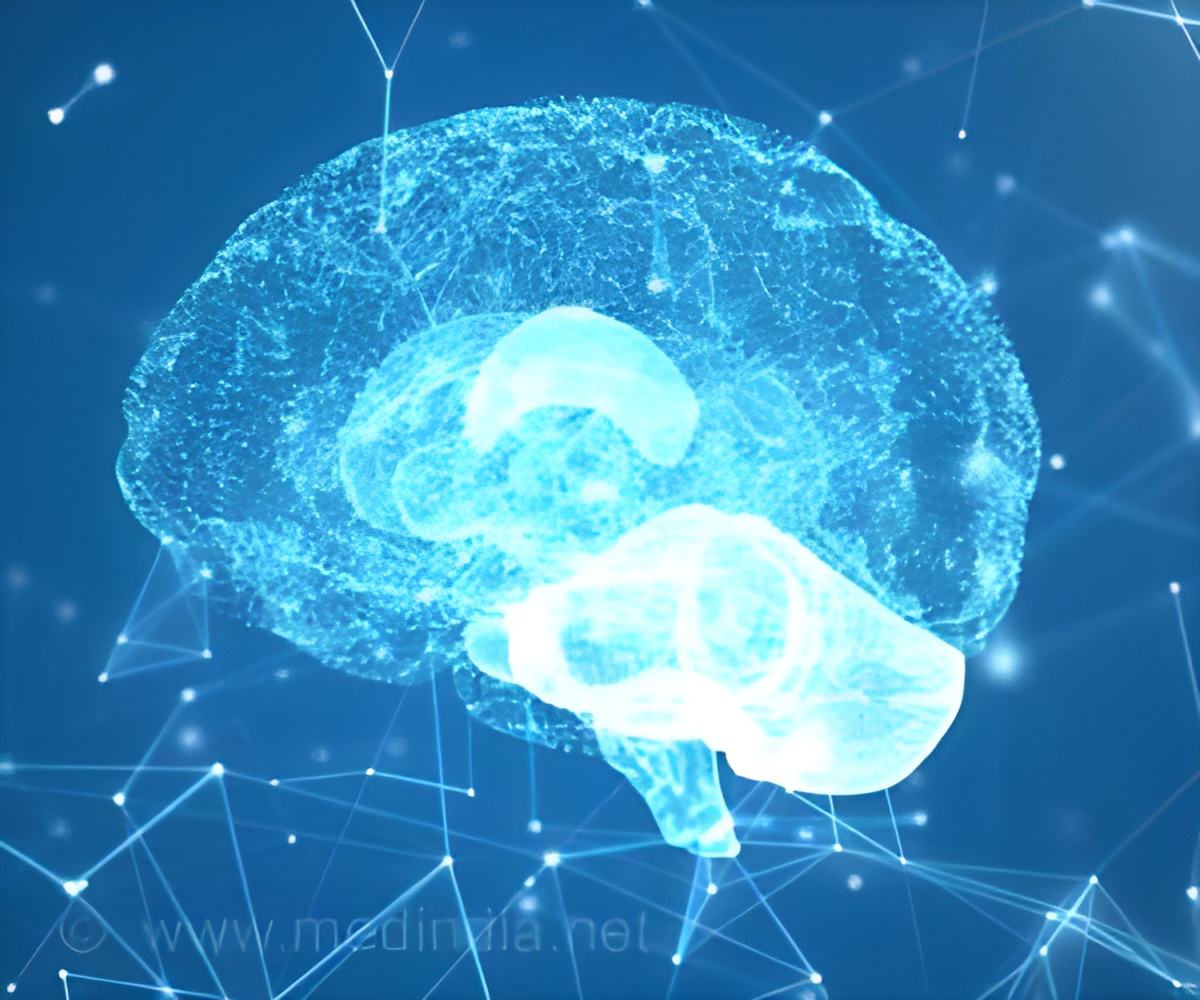
‘A single human neuron in the brain shows activity associated with consciousness before a conscious perception occurs to the person. This shows that this neural activity goes much ahead of consciousness experience in men.’
Tweet it Now
"Computers and robots interact with the world without being conscious. But something miraculous happens inside our brains to make us conscious and experience the world from a subjective perspective," said Dr. Gelbard-Sagiv. "Despite 30 years of neuroscientific research in this area, we still do not know which areas of the brain take part in the process. "Our new study brings us one step closer to understanding consciousness and conscious experience at the most concrete level: the electrical activity of individual neurons."
Because the conscious experience is private and inaccessible to observers, it is mostly studied in people who are capable of reporting their subjective experiences. Moreover, researchers are often limited to indirect measures of brain activity, such as EEG and fMRI. Here, the researchers took advantage of a unique medical opportunity: the surgical implantation of electrodes in the brains of patients with epilepsy to determine the precise areas responsible for their seizures. Patients were monitored for a week or two, until enough data on their seizures had been collected. During this time, the implanted electrodes recorded the activity of individual neurons in their vicinity.
The researchers presented two different images to the patient, one to each eye, to probe the moment in which a new experience arises. For example: An image of a house was presented to the right eye and an image of a face to the left eye. In this situation, known as "binocular rivalry," the brain cannot combine the two images. Instead, the subject sees either the house or the face, and this alternates irregularly every few seconds. These alternations happened involuntarily, while the physical stimulus remained constant. This allowed researchers to isolate brain activity related to the change in perception and differentiate it from brain activity related to the physical stimulus.
The scientists discovered that the activity in frontal lobe neurons changed almost two seconds before the patient reported an alternation in perception, and that the neuronal activity in the medial temporal lobe changed one second before a report.
Advertisement
"The study captures individual cells in the human brain just before one conscious experience is replaced by another," Prof. Fried said. "It is a unique privilege to gain such a rare glimpse into human consciousness. At the same time, we can provide clinical care aimed at alleviating severe epilepsy in our patients."
Advertisement
Source-Eurekalert













